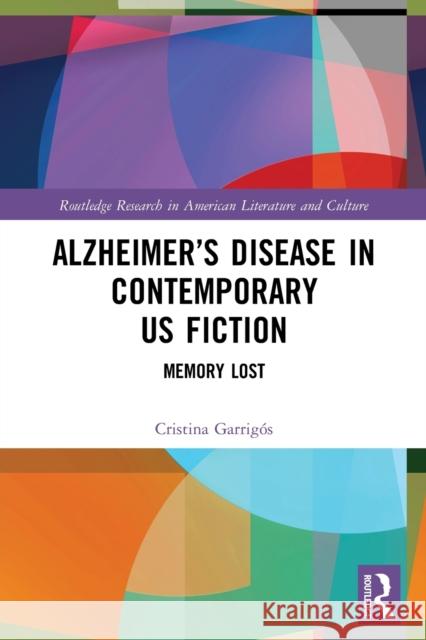Alzheimer’s Disease in Contemporary U.S. Fiction: Memory Lost » książka
Alzheimer’s Disease in Contemporary U.S. Fiction: Memory Lost
ISBN-13: 9781032040097 / Angielski
Alzheimer’s Disease in Contemporary U.S. Fiction: Memory Lost
ISBN-13: 9781032040097 / Angielski
(netto: 185,01 VAT: 5%)
Najniższa cena z 30 dni: 193,06
ok. 22 dni roboczych
Dostawa w 2026 r.
Darmowa dostawa!
This book addresses the representation of Alzheimer’s disease in U.S contemporary fiction through the lens of memory loss. The study focuses on how the interpretation of the erasure of memories in a person with Alzheimer’s affects our idea of identity in an individual, social and cultural sense.
This volume seeks to bring readers to a deeper understanding of contemporary cultural and social configurations of Alzheimer’s disease by analyzing 21st-century U.S. novels in which the disease plays a key narrative role.
Via analysis of selected works, Garrigós considers how the erasure of memory in a person with Alzheimer’s affects our idea of the identity of that person and their sense of belonging to a group. Starting out from three different types of memory (individual, social and cultural), the study focuses on the narrative strategies that authors use to configure how the disease is perceived and represented.
This study is significant not only because of what the texts reveal about those with Alzheimer’s, but also for what they say about us - about the authors and readers who are producing and consuming these texts, about how we see this disease, and what our attitudes to it say about contemporary U.S. society.











